
Why Australia’s community organisations need a new governance model
Posted on 25 Feb 2026
Australia’s community organisations are quietly holding society together. From local sporting clubs…
Posted on 16 Apr 2024
By Greg Thom, journalist, Institute of Community Directors Australia

The horrific knife attack at the Bondi Junction shopping centre which left six people dead has sparked a discussion about a lack of adequate government funding for mental health services.
Police and the parents of the man at the centre of the Bondi incident, Joel Cauchi, said the Queenslander had a history of mental illness dating back to his teenage years.
While not commenting directly on Cauchi’s background or the specifics of the Sydney rampage which sent shock waves around Australia, Mental Health Australia CEO Carolyn Nikoloski expressed frustration that investment in the nation’s mental health system did not match the level of need.
Writing in her CEO column in the organisation’s newsletter, Ms Nikoloski said Mental Health Australia had long advocated for systemic mental health reform.
“Our 2024 pre-budget submission outlines actions the Australian Government, together with states and territories, can take now to improve Australians’ access to mental health supports,” she said.
As previously reported in the Community Advocate, those measures include:
Ms Nikoloski said when events such as the Bondi tragedy occurred, it was natural that the community wanted answers.
“While we will know more as the coronial investigation proceeds, there are also some things we may never know.
“It is imperative we are careful not to stigmatise people with lived experiences of severe and complex mental illness, and their family, carers and supporters.”
“We also know that there continues to be an urgent need to adequately fund and reform our mental health system.”
Ms Nikoloski said that half of the Australian population could expect to experience mental health challenges over their lifetime and that according to SANE Australia, people living with mental illness are more likely to be victims of violence than people who do not have a mental illness.
“We also know that there continues to be an urgent need to adequately fund and reform our mental health system.”

Ms Nikoloski said government spending on mental health as a proportion of total health expenditure fell from 8% in 2019–20 to 7% in 2020–21.
“The Productivity Commission recommended governments invest an extra $1.2 billion per year nationally to deliver priority mental health system reforms,” she said.
Ms Nikoloski said Mental Health Australia would continue to work with the community sector and the Australian Government to reform the nation’s mental health system, to make sure that everyone in Australia can access the crucial mental health services they need.
“Continued investment and commitment from the Australian Government in the upcoming federal Budget is vital to address this need.”
The call to increase mental health funding and support was echoed by SANE Australia.
In a statement published on the organisation’s website, SANE said it was clear from statements made by police and Cauchi’s family that Joel had needed mental health support that was not available to him.
“Effective early intervention and ongoing treatment and psychosocial support can prevent significant deterioration and enable people with complex mental ill health to live healthy, productive and meaningful lives,” according to the statement.
“There is an enormous need for increased investment and better coordination of mental health services at a state and federal level.
“Our current mental health system is filled with gaps, and it appears this person has fallen through.”
Mental Health Coordinating Council CEO Dr Evelyne Tadros added her voice to the call for more mental health funding in the wake of the Bondi rampage.
"Unfortunately, what this (Bondi) highlights, yet again, is the need for greater investment in the services that support people living with complex mental health and coexisting conditions," she said.
"As the peak body for community-managed mental health programs and services, we continue to urge the government to prioritise mental health systems reform."

Posted on 25 Feb 2026
Australia’s community organisations are quietly holding society together. From local sporting clubs…
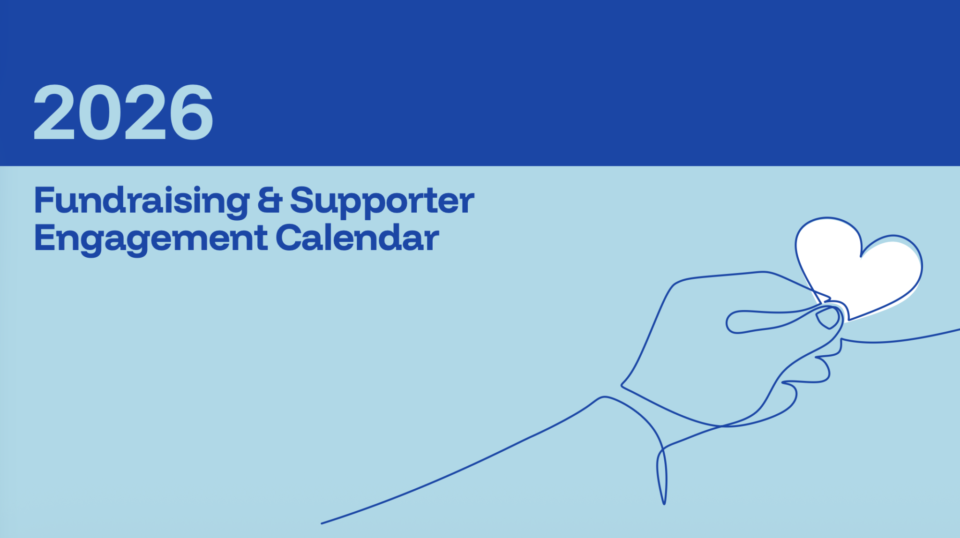
Posted on 25 Feb 2026
Writing communications for donors, stakeholders, regulators and the public can be a relentless task…
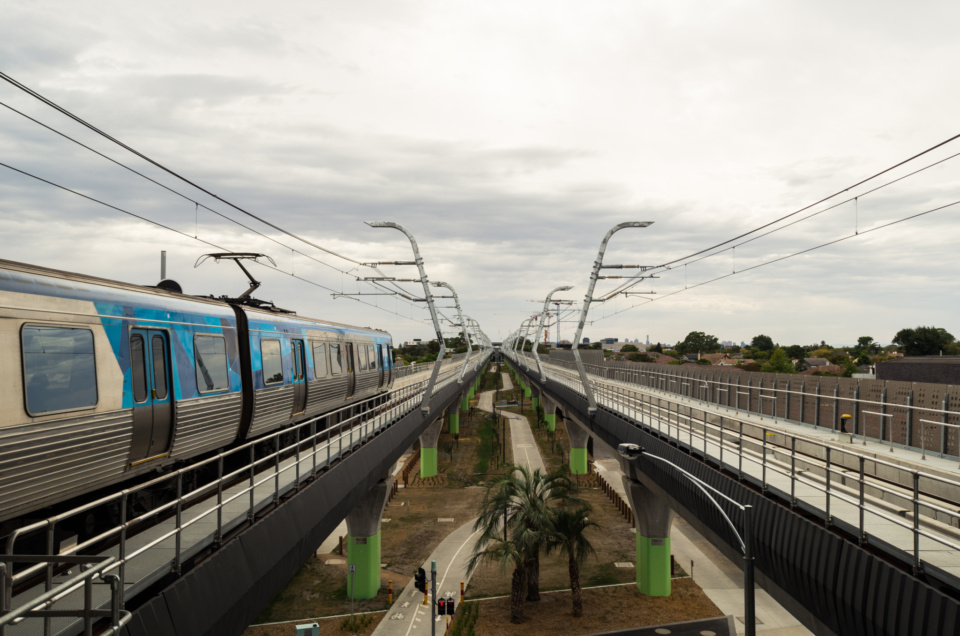
Posted on 25 Feb 2026
A Victorian suburb's hot debate about whether trains should live underground or in the sky ended…
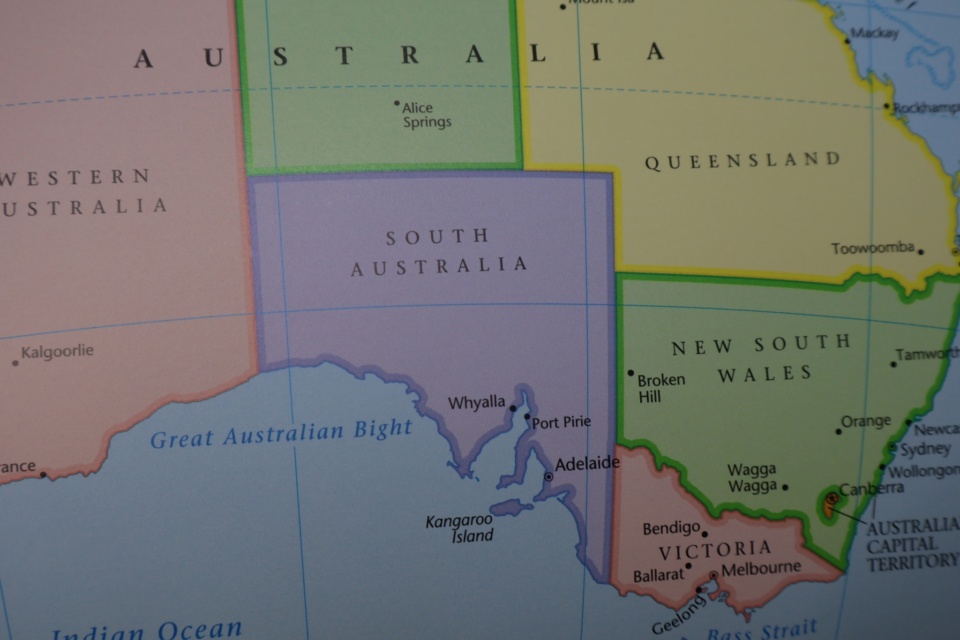
Posted on 25 Feb 2026
Three years after the federal government announced that national fundraising principles would be…
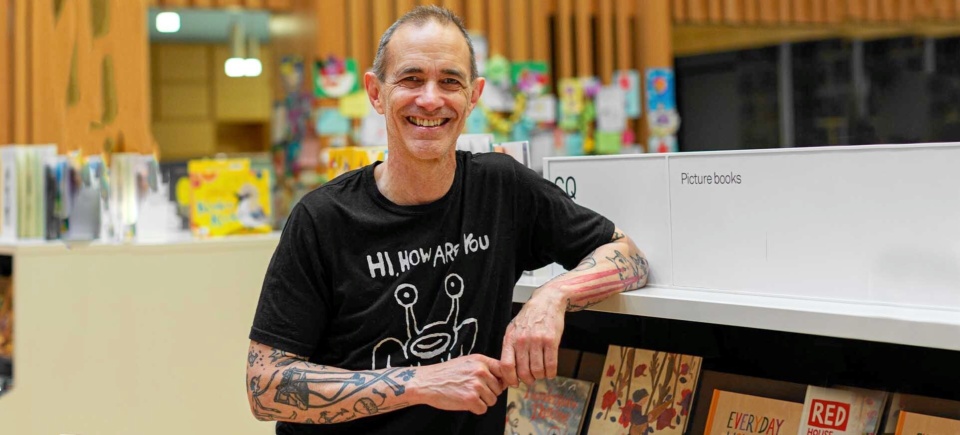
Posted on 25 Feb 2026
Author Andy Griffiths has spent 30 years bringing “punk rock” to children’s books, making kids…
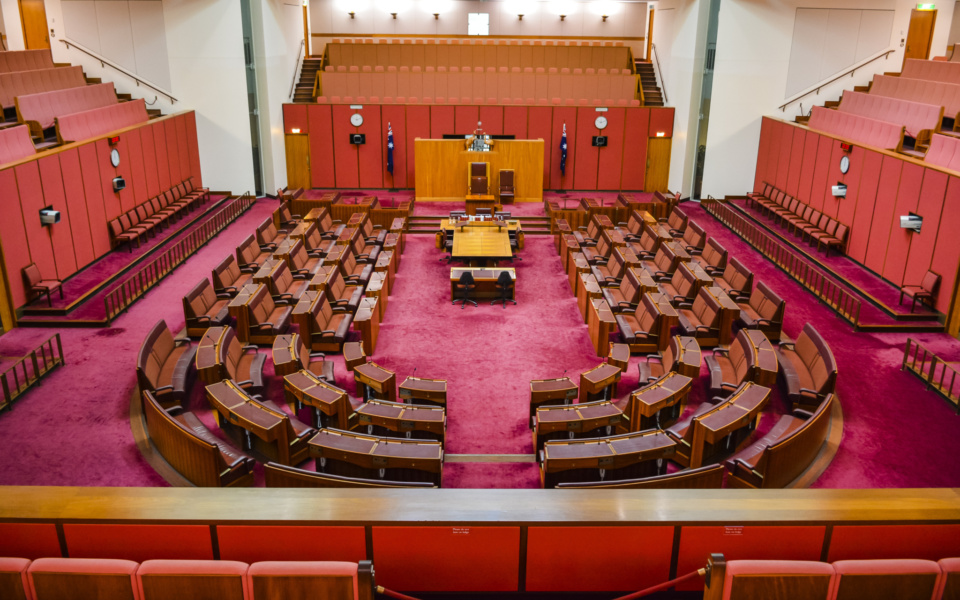
Posted on 25 Feb 2026
Senator Dean Smith is back as shadow minister for charities, and he’s told the Community Advocate…

Posted on 18 Feb 2026
Around 50 per cent of all funding for charities in Australia comes from government. The nature of…

Posted on 18 Feb 2026
You wouldn’t try to fix a complex system with one tool. You’d widen the toolkit, improve the…

Posted on 18 Feb 2026
Australia’s champion laundry van charity, Orange Sky, has announced it is ready to expand into…

Posted on 18 Feb 2026
To have any hope of hitting the grand plan of doubling philanthropy by 2030, Australia needs one…

Posted on 18 Feb 2026
When Nyiyaparli woman Jahna Cedar travels to New York next month as part of the Australian…

Posted on 17 Feb 2026
This is the full academic version of Dr Oksana King's thoughts on the need to better compensate and…